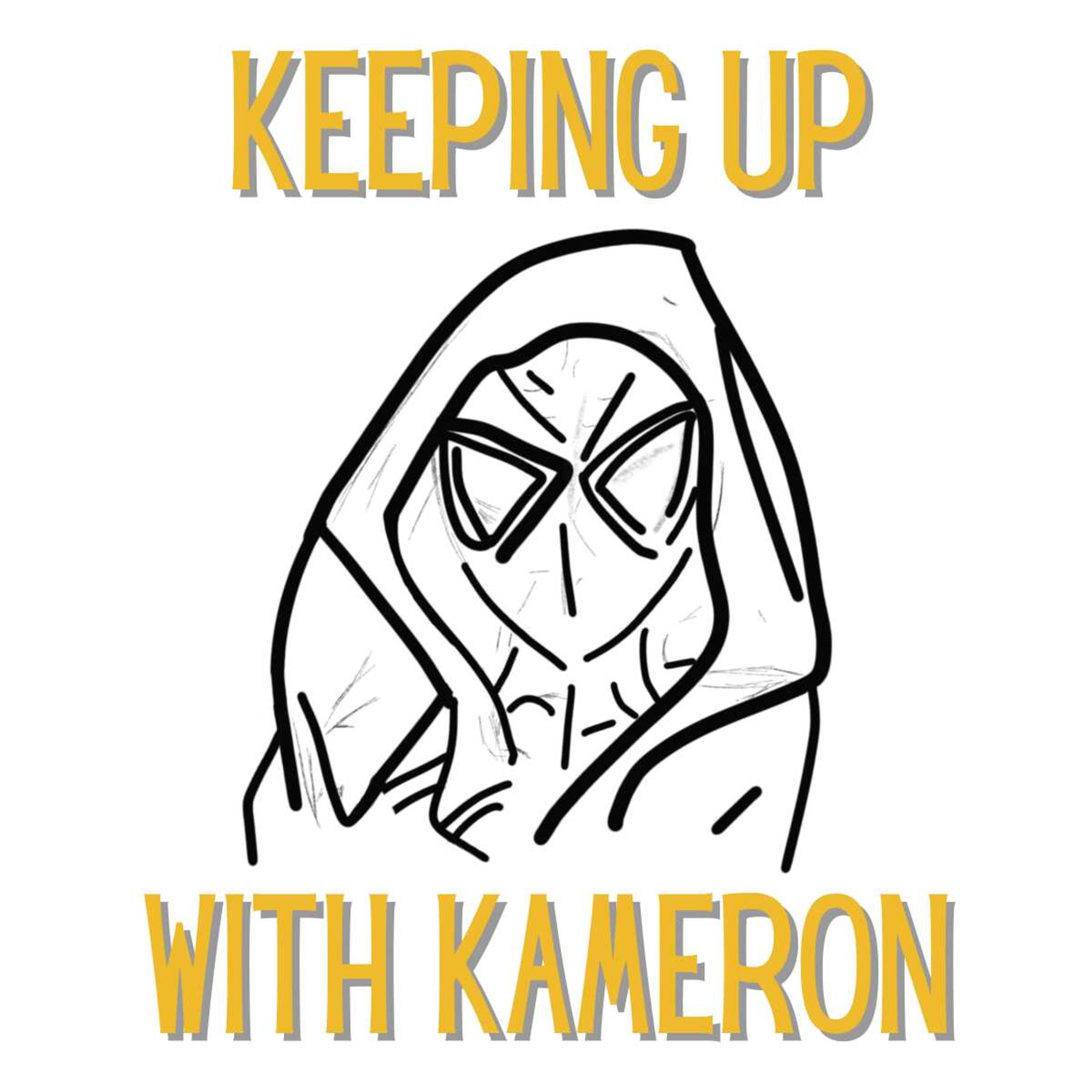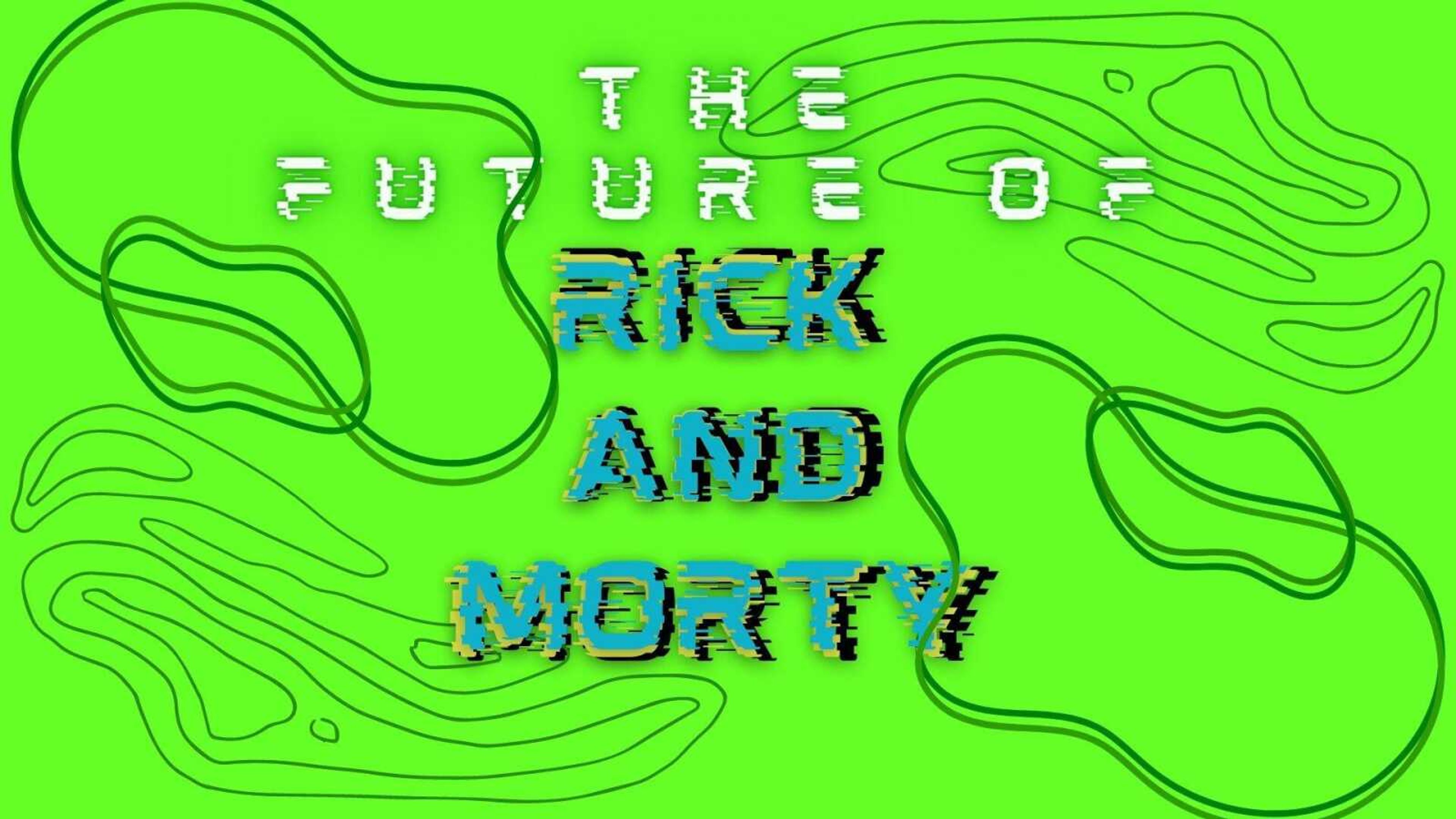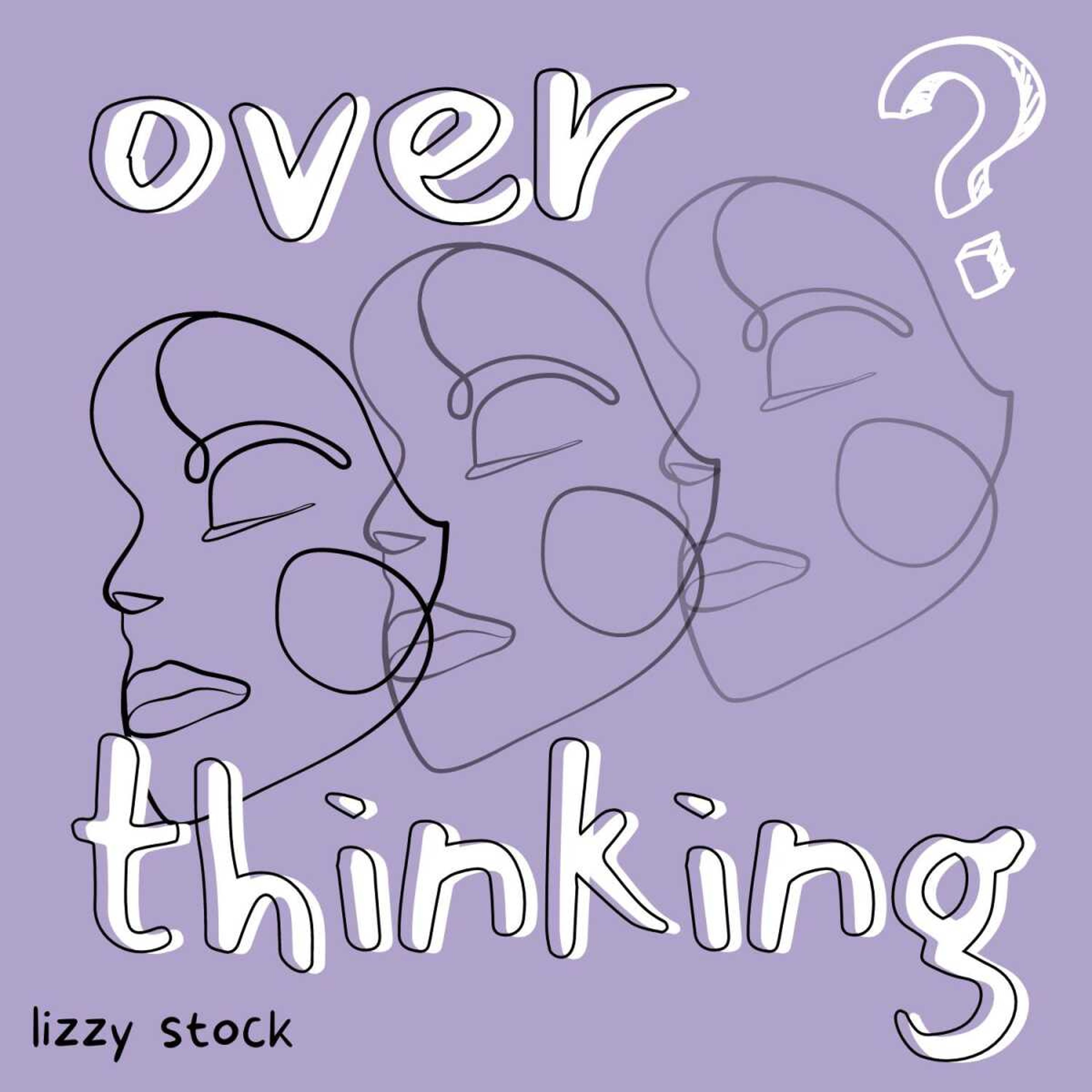Sir Kenneth Branagh once more dons the role of actor-director for a remake of 1974’s “Murder on the Orient Express,” originally adapted from Agatha Christie’s 1934 novel of the same name.
Branagh unsurprisingly takes it upon himself to portray the lead character, world-renowned detective Hercule Poirot (whose most notable feature is the world's fanciest mustache).
In a time when studio executives thought films like “RoboCop,” “Ghostbusters” and “Poltergeist” needed remakes.
Branagh’s version of “Murder on the Orient Express” is just more generic Hollywood bastardization.
The shocking part of said bastardization is that nothing major is changed from the ’74 film.
For the most part, the characters, story, setting, twist and ending remain the same.
What does change is any sign of anyone caring or an engaging atmosphere that evokes tension for the viewer, compared to the 1974 version.
Like many star-studded films, the talent of the actors is subdued, making waste of their time and effort, which wasn’t much to begin with.
This new approach to filmmaking has the cinema on life support, killing any chance of audience involvement.
“Murder on the Orient Express” sacrifices story for style, but the style itself is either off or distracting.
Case in point: Branagh’s direction.
Branagh’s murder mystery utilizes some of the most off-putting and questionable camera work and angles seen in a long time.
Yet, it’s the most stand-out part, since it’s the only new thing done to the film … besides the dark and unpleasant tone.
Not to mention a half-rendered CGI of the avalanche scene.
The Orient Express itself, this grand passenger train, has been reduced to nothing more than background noise, rather than the compact setting for a train-carriage murder mystery.
This is because Branagh’s insistence to have as much screen-time and lines as possible. It spoils any reason for other factors to become involved.
With that, the supporting characters can’t support, but even if the director wasn’t riddled with ego, the tone for sure wasn’t going to help them much.
Tom Bateman, Penélope Cruz, Willem Dafoe, Judi Dench, Johnny Depp, Josh Gad, Derek Jacobi, Leslie Odom Jr., Michelle Pfeiffer and Daisy Ridley receive little to do besides be their character’s specific role (doctor, princess, missionary, and so on.) to make the case “interesting” for Poirot.
Poirot is the only one who gets a personality, everyone else could have been combined in one character with nothing lost.
The only real major thing that mattered was how screenwriter Michael Green’s year would end after helping write “Logan,” “Alien: Covenant” and “Blade Runner 2049” this year.
While “Logan” and “Blade Runner 2049” had purpose and were standouts for the year, “Murder on the Orient Express” is exactly like “Alien: Covenant,” forcing the question “what was the point?”
The only thing murdered at the end of the film is the viewer’s wallet and time, skip!







